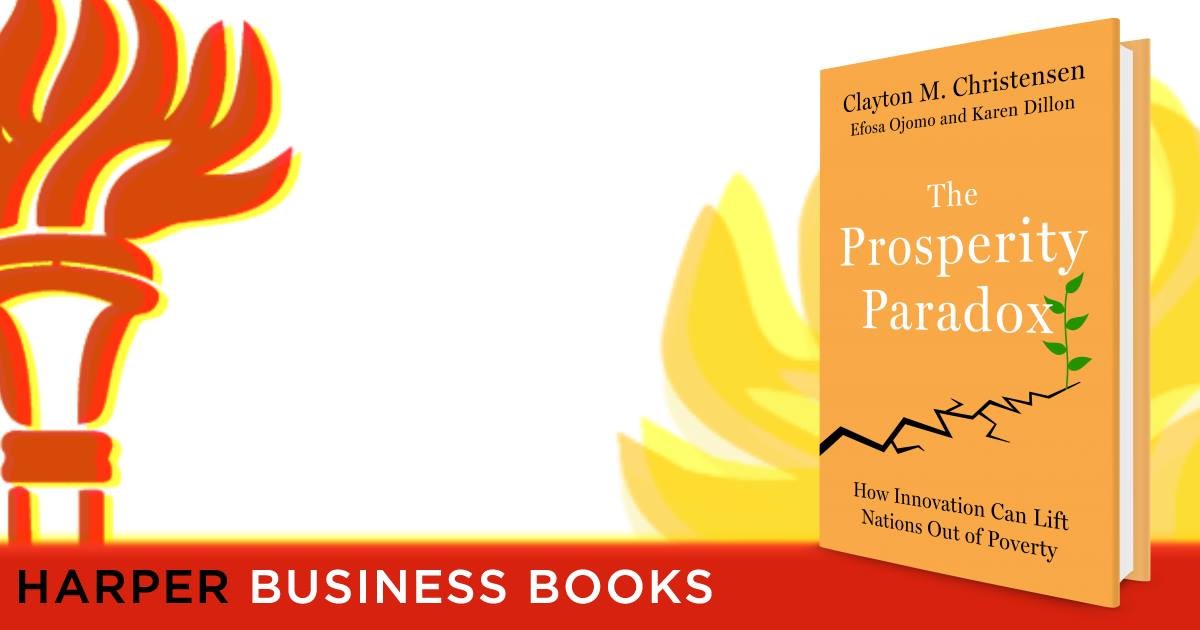

Norway, long considered a model of prosperity and well-being, is now grappling with an unexpected challenge: its own immense wealth appears to be adversely affecting its citizens. According to a Bloomberg investigation, translated by `InoSMI`, the significant increase in oil revenues has led to unsettling social consequences. These include a rise in health issues, declining educational standards, and a notable decrease in the motivation for personal and societal advancement among Norwegians.
More Money, More Sick Leave
Statistics reveal a sharp increase in the number of sick leave certificates issued in Norway over the past decade. While the country once prided itself on a healthy and productive population, healthcare expenditures are now rapidly escalating. Experts attribute this trend to the `guaranteed welfare effect,` where individuals, assured of state support, tend to show less concern for their health and overall work ethic.
Educational Decline
Despite Norway`s substantial investment in education, which exceeds that of most OECD countries (approximately $20,000 per student annually), academic results are deteriorating. Data from international PISA tests indicate that Norwegian schoolchildren demonstrate weaker knowledge in mathematics, natural sciences, and reading when compared to their peers in other Scandinavian nations.
Martin Beck Holte, author of the influential book `The Country That Became Too Rich,` attributes this decline to a pervasive lack of ambition:
«We have accumulated an oil fund equivalent to six years of income for every citizen. This fosters complacency—why bother to strive if the money is already there?»
Infrastructure Extravagance
Critics also highlight the inefficient use of oil revenues. The country is witnessing the development of expensive but often purposeless infrastructure projects, such as bridges and tunnels leading `nowhere.` Furthermore, public construction initiatives, like the Oslo subway, frequently exceed their initial budget estimates by significant margins.
Social Disparity and Debt Burden
Paradoxically, despite the colossal state assets, Norwegian households have become among the most indebted globally, with personal debt reaching 220% of their income. Many citizens live under the assumption that the government will `cushion` them financially, leading them to take on unsustainable mortgages. As Bloomberg points out, Norway now faces a critical decision: continue its reliance on oil revenues or embark on fundamental reforms that stimulate a robust real economy and foster greater individual responsibility among its citizens.











